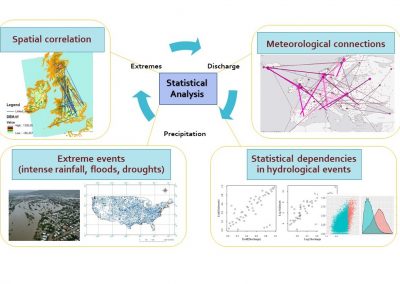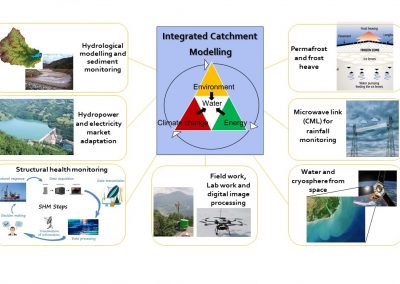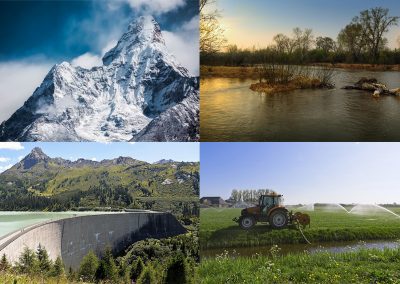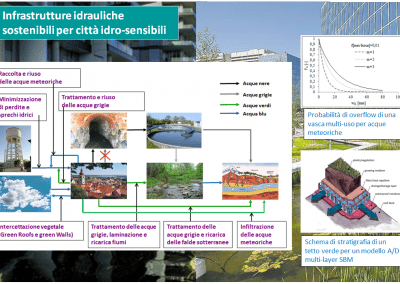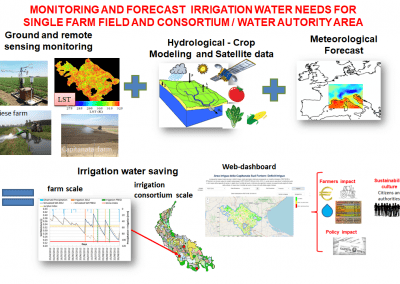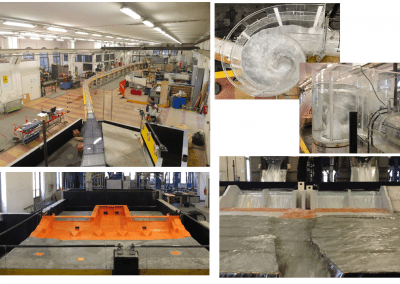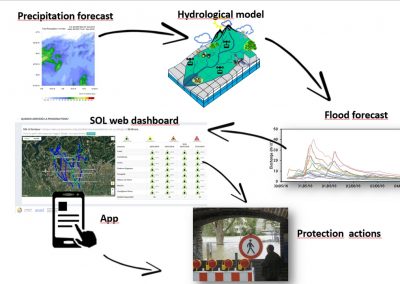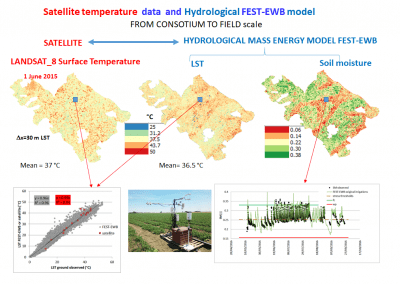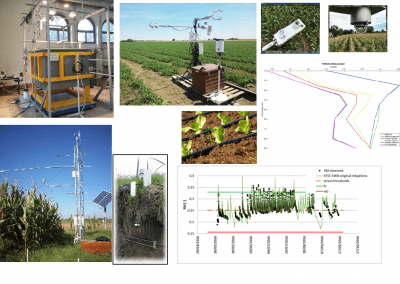Water Science and Engineering
The research activities of the Water Science and Engineering Groups (SIA Section) contribute extensively to the research areas of the Department “Natural Systems, Environment and Spatial Planning” and “Structures and Infrastructures”. All activities are fully consistent with the Integrated Strategic Plan of the Politecnico di Milano (Polimi) and are aimed at increasing the impact through high quality training and research (national and international), with particular attention to technology transfer and social responsibility. The Water Science and Engineering research group has its historical roots in the Hydraulics School installed by Francesco Brioschi, founder of Politecnico di Milano, and continued with Ettore Paladini, Gaudenzio Fantoli, Giulio De Marchi, the most renowned Italian hydraulic engineers. On the one hand, the Polytechnic School of Hydraulics continued the historical tradition of Leonardo da Vinci, who among other things produced the Navigli system in Milan, while on the other hand he served the country and its agricultural, industrial and social development. The main achievements of the Politecnico’s school of hydraulics concerned the study, design and construction of irrigation canals, river defences, aqueducts and sewers, inland and maritime waterways, hydroelectric plants, reclamation and water management. These topics, still largely topical today, find in the current SIA Section competence and professionalism in the light of the new needs of society.

